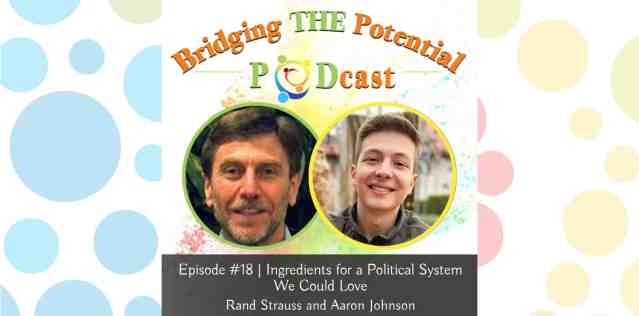Imagining A Different Kind of Education

How many of you have a child who doesn’t want to go to school?
Maybe they are discouraged with the homework and testing.
Maybe they are bored and getting into trouble for playing around.
Maybe the traditional school system just isn’t working for most kids.
But what else is possible?
Imagine what would happen to our schools and society if:
- Children were given meaningful projects—with multiple levels of meaning for themselves, their families, and their communities? Enthusiasm lives in this energy, and the desire to know unleashes so much of the what’s next. Without desire, we just go through the motions.
- Children owned their learning process and didn’t have to be motivated or pushed along by the adults in their lives? They would develop their character because it would be revealed to them as they would be trusted to get in the driver’s seat of their own life. Of course mistakes are made, and that is good, for that is the learning for a life well-lived.
- Teachers could facilitate instead of teach, guide instead of disseminate information, and observe the development curve to align the knowledge accumulation based on their learners’ desire to know. They would help them to create meaning, unlocking natural passion and creativity. More importantly, they would experience real connection and mentoring with the students, which is why they signed up to teach in the first place. Doesn’t it make sense to create authentic learning environments, where the freedom to grow one’s full potential is natural and joy-filled for the students and the teachers?
- Projects required children to interface with multiple subjects and domains to solve problems, and equipped them to approach their other life problems from multiple angles and perspectives? As in real life, it is the integration of knowledge that serves communication and decision-making, and helps in creating solutions from 360 degrees of awareness.
- We facilitated collaboration instead of competition? Wouldn’t this open up a wider range of possibilities and learning that engages people to clearly articulate pros and cons to listeners who all work together to sort through best possible options?
- We allowed kids to follow their natural curiosities and strengths instead of trying to fit them into a mold? Remember, we learn to walk and talk without any formal process, other than through observation. Children also learn to read when they are ready. If they are in an environment where reading is happening, they begin to emulate that and figure it out. And, yet, not many people trust this truth and as a result it impacts our children, putting them instead in a very controlled environment that emphasizes this lack of trust in the innate unfolding.
- We treated them and each other as if we already have some innate essence and blueprint of skills, talents, and interests that are uniquely ours to give the world––and that all learning is just a cultivation of those, so they/we can become the best version of them/ourselves?
I know what would happen because I’ve seen it happen in every fertile learning environment I’ve observed and facilitated.
We would see happier and healthier children and young adults, engaged parents, and vibrant teachers. Soon after that, we would see businesses and industries transform through the power of curiosity, collaboration, and connection. And eventually, thriving individuals and organizations would go beyond their personal responsibility and begin to work together to shift the collective economic, political, and social paradigms and systems that need to be re-visioned and re-tooled.






Responses